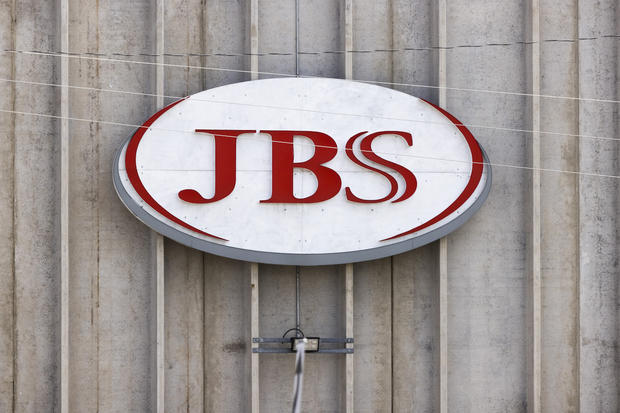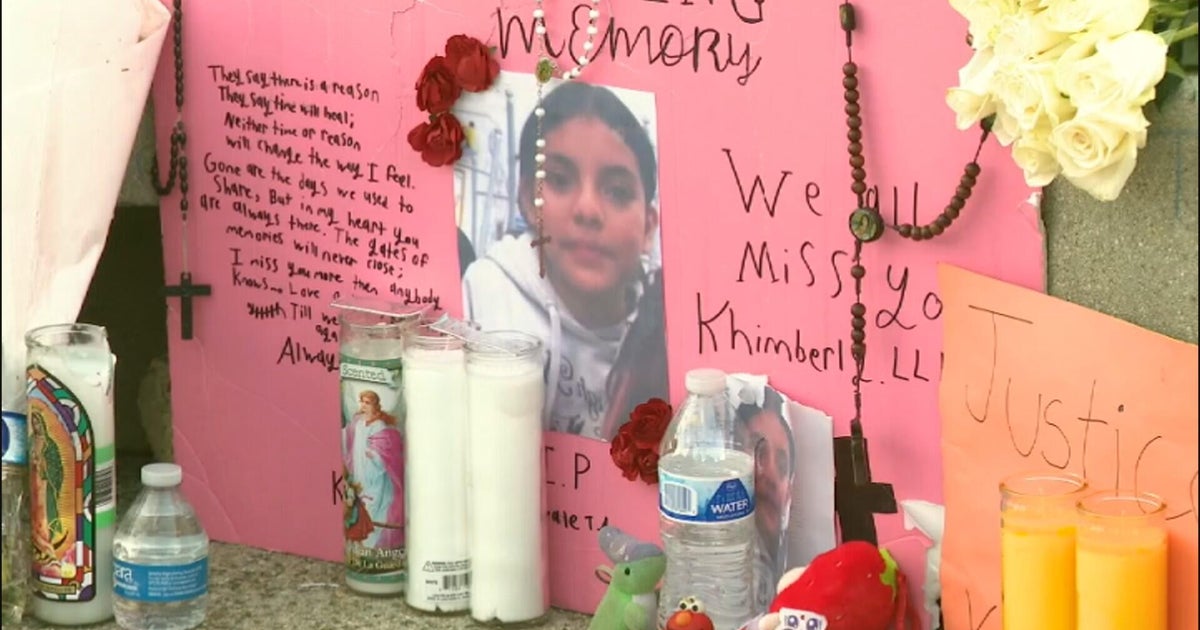JBS, the world's largest meat supplier, hit by cyberattack
Work stopped at several U.S. meat processing plants after the world's largest meat producer was hit with a major cyberattack. The Brazil-based JBS was forced to cease cattle-slaughtering operations at 13 of its meat processing plants in the U.S. on Tuesday.
The ransomware attack posed a possible threat to the U.S. food supply. JBS is the top beef producer in the U.S. and the No. 2 producer of pork and poultry. Depending on how long the halt in operations continues, Americans could see prices rise in the meat aisle at the grocery store.
"I think a lot of that depends upon how long this lasts. If indeed, JBS is unable to slaughter cattle or hogs over a sustained period and really even a matter of days, then yes, because the production is limited greatly," said Brad Kooima, a cattle feeder and co-owner of Kooima Kooima Varilek Trading.
JBS said in a Tuesday night statement that it had made "significant progress" in resolving the issue and getting its systems back online.
"We have cybersecurity plans in place to address these types of issues and we are successfully executing those plans," JBS USA CEO Andre Nogueira said. "Given the progress our IT professionals and plant teams have made in the last 24 hours, the vast majority of our beef, pork, poultry and prepared foods plants will be operational [Wednesday]."
JBS told the White House that a criminal group likely based in Russia was responsible. The FBI is leading the investigation and Biden administration officials are asking the Russian government for an explanation.
JBS said it took immediate action when it learned of the ransomware attack and is trying to restore its systems as soon as possible. It's unclear how much money the hackers are demanding or if the company paid a ransom.
The latest incident follows last month's ransomware attack on Colonial Pipeline that led to gas shortages in multiple states. Russian hacking group DarkSide claimed responsibility and walked away with nearly $5 million in ransom from Colonial.
Experts say hackers see a new opportunity.
"The hackers recognize that they have the ability to impact individuals through very straightforward, simple attacks that can impact critical infrastructure, that impact food supply and ultimately come down to the lives of everyday citizens," said Kiersten Todt, the managing director of the Cyber Readiness Institute.




